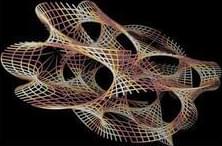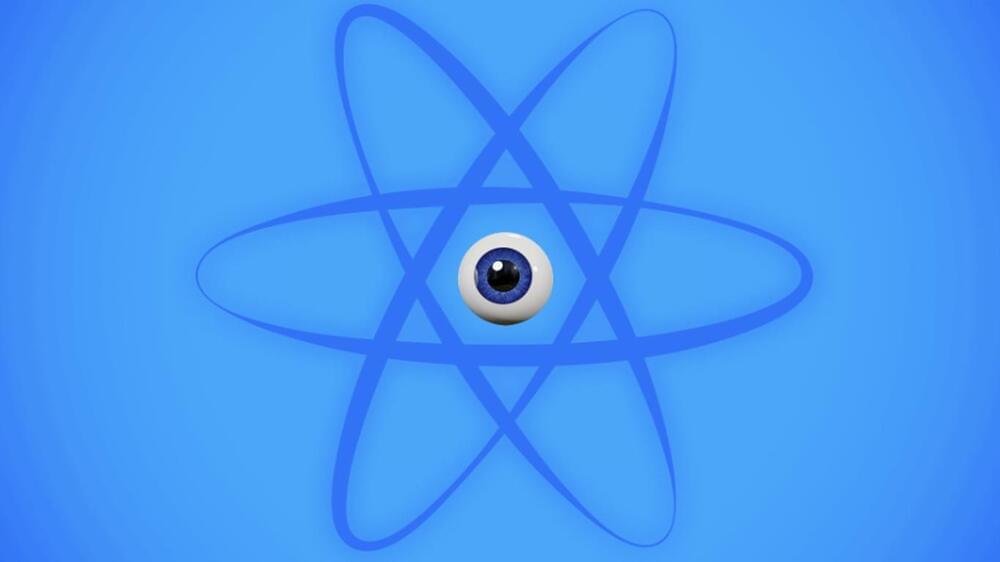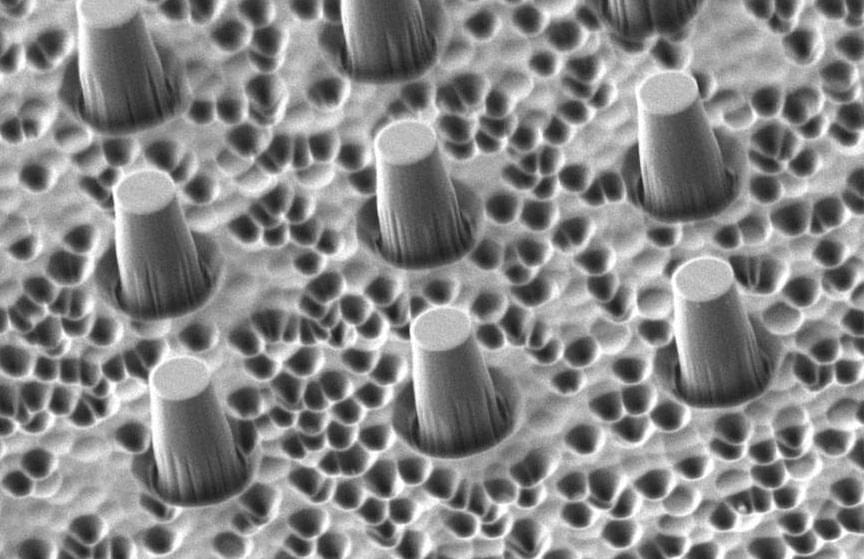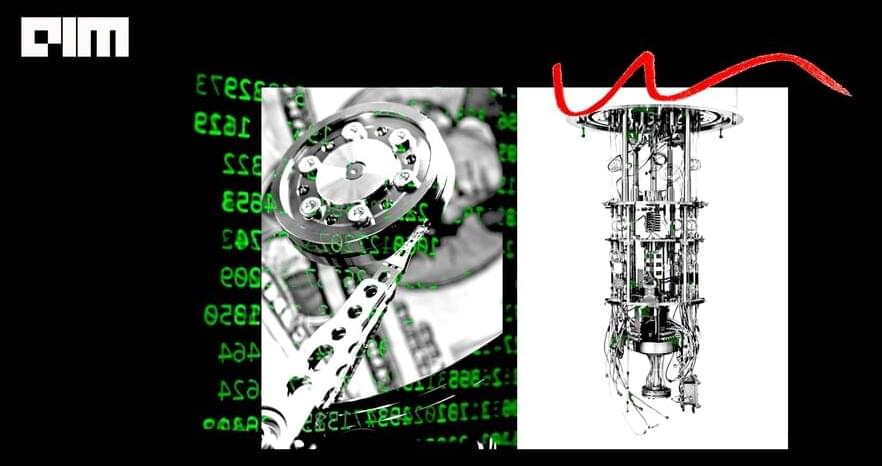The World Wide Web was originally conceived and developed at CERN to meet the demand for automated information-sharing between scientists in universities and institutes around the world. From software development, to data processing and storage, networks, support for the LHC and non-LHC experimental programme, automation and controls, as well as services for the accelerator complex and for the whole laboratory and its users, is at the heart of CERN’s infrastructure.
The Worldwide LHC Grid (WLCG) – a distributed infrastructure arranged in tiers – gives a community of thousands of physicists near real-time access to LHC data. The CERN data centre is at the heart of WLCG, the first point of contact between experimental data from the LHC and the grid. Through CERN openlab, a unique public-private partnership, CERN collaborates with leading ICT companies and other research organisations to accelerate the development of cutting-edge ICT solutions for the research community. CERN has also established a medium-and long-term roadmap and research programme in collaboration with the high energy physics and quantum-technology research communities via the CERN Quantum Technology Initiative (QTI).







